In the run-up to the next election, the Labor party continues to press the narrative that its proposed policies are based around the most basic Australian value of fairness, in pursuit of a more egalitarian nation.
While Labor is correct to recognize that a slowing economy and an aging population present a number of challenges to the federal budget and the future prosperity of our nation, their proposed remedies continue to resemble a sledgehammer approach to a problem that requires the skilled scalpel of a fiscal surgeon.
In his ongoing Twitter battle with Treasurer Josh Frydenberg, Shadow Treasurer Chris Bowen pointed out that 70 per cent of the benefits offered by the Capital Gains Tax Discount flows to the top 10 per cent of income earners.
In pointing out this fact Bowen inadvertently raises an important question, if a Labor government can derive 70 per cent of the revenue from its proposed changes, without affecting the financial plans and dreams of the bottom 90 per cent of Australian income earners, why is Labor’s policy not more heavily targeted at the wealthy?
Politicians at both ends of the political spectrum like to talk about “mum and dad investors”, the aspirational “teachers, nurses and police” who invest their savings in an attempt to get ahead and provide a better quality of life for their family. Yet in this instance Labor have shown an unwillingness to acknowledge that their policy will leave these people worse off.
While opposition leader Bill Shorten and shadow Treasurer Chris Bowen continue their narrative that theirs will be a government based on fairness. The proposed changes to the capital gains tax discount seeks to treat the bottom 90 per cent of Australians, most of whom derive only a marginal benefit from the discount, in the same way as the top one per cent of income earners.
In the current economic environment of slowing growth, stagnating wages and continued house price falls, taking money out of the pockets of everyday Australian’s without any consideration of their income or their financial situation hardly passes the fairness test.
While the budget needs to be seriously examined for the future of our nation, there are a number of other solutions that could be implemented without the Australian taxpayer being asked to hand over another cent of their hard earned money.
Everything from raising the rate on gas royalties, to disallowing the offshoring of an estimated $16 billion a year in corporate profits, could assist in generating revenue for the budget without damaging the hopeful aspirations of everyday families.
As the likelihood of the Coalition retaining government continues to dwindle by the day, Bill Shorten increasingly finds his party’s coffers awash with political donations from the giants of corporate Australia, attempting to curry favour with the man who could be running the country in just a few short months time.
Labor may claim that their policy platform is based upon fairness, but one can’t help but wonder how it could possibly be fair that the Australian people are asked to pay more tax because Labor has shown an insufficient appetite for making the corporate giants pay their fair share.
Got something to add? Join the discussion and comment below.
Got something to add? Join the discussion and comment below.
Get 10 issues for just $10
Subscribe to The Spectator Australia today for the next 10 magazine issues, plus full online access, for just $10.


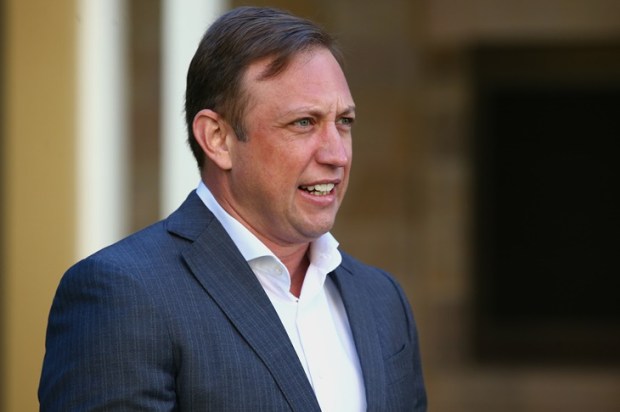
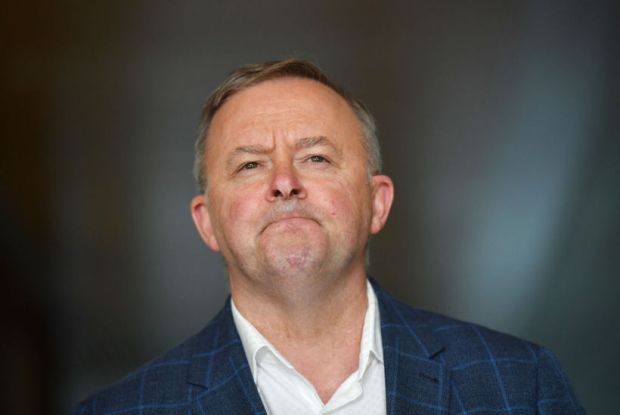

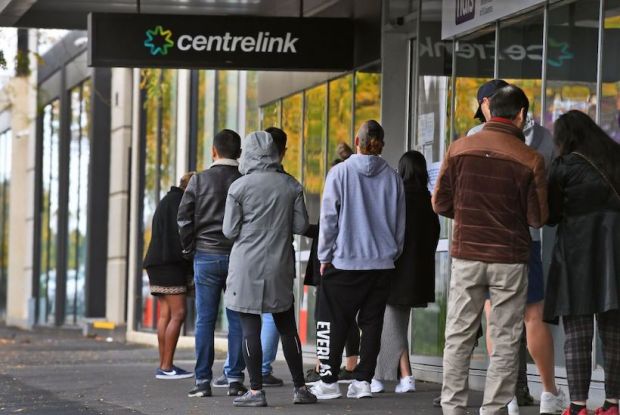
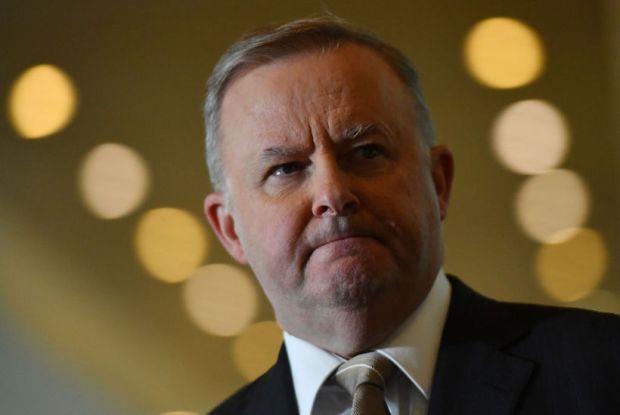
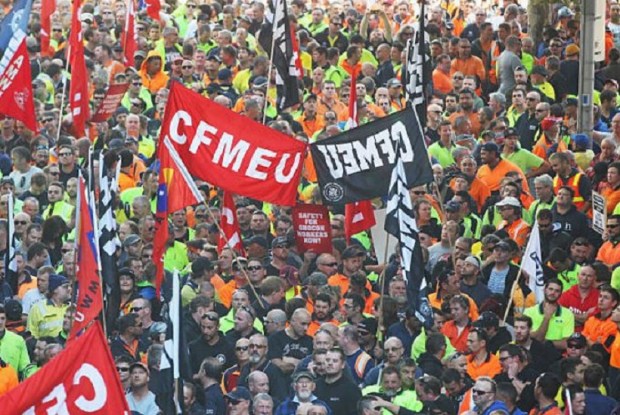


















Comments
Don't miss out
Join the conversation with other Spectator Australia readers. Subscribe to leave a comment.
SUBSCRIBEAlready a subscriber? Log in